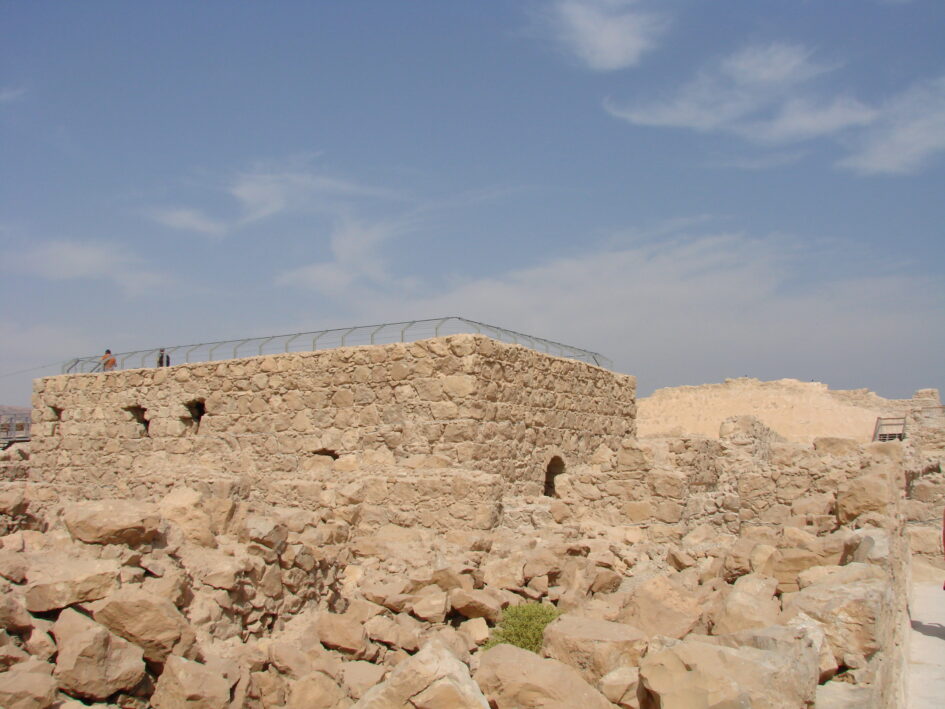ISRAEL: Where Ancient History Meets Modern Identity
Masada: The Unconquerable Symbol
Perched dramatically on a plateau overlooking the Dead Sea, Masada stands as one of Israel’s most powerful historical symbols. Originally built as a luxurious palace-fortress by King Herod between 37-31 BCE, this UNESCO World Heritage Site became famous for its tragic role in the First Jewish-Roman War (66-73 CE).

When Jewish rebels (the Sicarii) took Masada in 66 CE, they transformed it into their last stronghold against Rome’s legions. After years of resistance, facing certain defeat in 73 CE, the 960 defenders made the ultimate choice – mass suicide rather than slavery. Archaeologists have found pottery shards possibly used in the fateful lottery to determine who would kill whom.
Today, Masada resonates deeply in Israeli consciousness. The phrase “Masada shall not fall again” embodies national resilience. Each year, IDF soldiers hold emotional swearing-in ceremonies at sunrise on the mountain, declaring “I am a Masada fighter!” as they receive their rifles.

Qumran: Cradle of the Dead Sea Scrolls
The modest ruins of Qumran belie their extraordinary significance. This 2nd century BCE settlement was home to the Essenes, a reclusive Jewish sect who created the famous Dead Sea Scrolls – the oldest known biblical manuscripts (discovered 1947-1956 in nearby caves).
While the archaeological remains (ritual baths, scriptorium, pottery workshop) may appear underwhelming to casual visitors, their importance is monumental. The 900+ scrolls found here include:
- Complete copies of Isaiah predating previous oldest versions by 1,000 years
- Previously unknown psalms and wisdom literature
- Community rules of the mysterious Essene sect

The scrolls revolutionized biblical scholarship, confirming the remarkable textual preservation of Hebrew scriptures over centuries. The onsite museum’s replicas help bring this discovery to life for visitors.
“The wilderness and the dry land shall be glad; the desert shall rejoice and blossom like the crocus;”
Isaiah 35:1 (One of the best-preserved scrolls found at Qumran)
Visitor Tips: Combine Qumran with a Dead Sea float – the contrast between ancient asceticism and modern resort luxury makes for fascinating reflection. Early mornings avoid extreme heat at both sites.

Leave a Reply